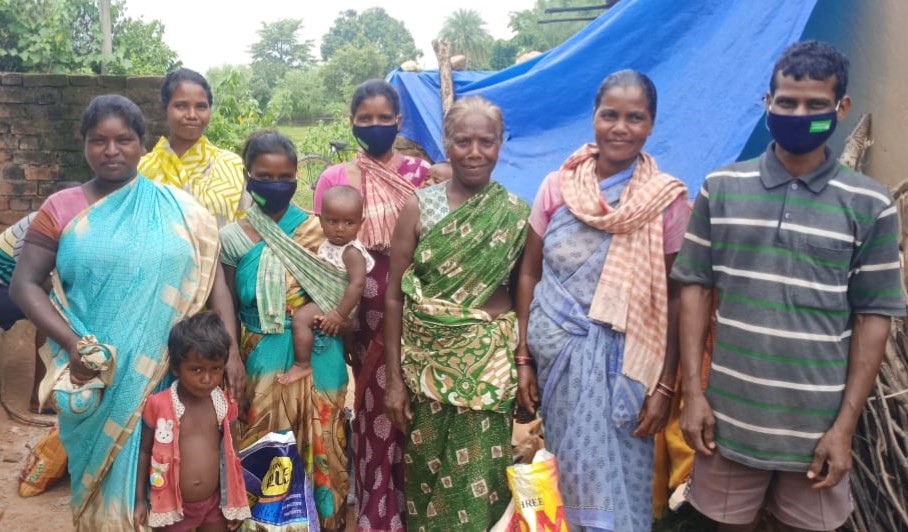The increase in reported attacks against churches and Christian schools across India is representative of increased hatred and violence towards Christians from extremist sections of Indian society.
In one incident extremists broke into a house in Belgavi during a prayer meeting, violently attacking family members. In another, a mob barged into a school in Mandya during a Christmas celebration, ordering that the festivities cease.
In both of these incidents the Christians found themselves accused of seeking to gain converts unlawfully. Both incidents took place in Karnataka.

The Indian authorities are right to criminalise fraudsters and tricksters, but must protect the conditional right of Indian Christians – such as these in Odisha – to freedom of worship
Karnataka is in the process of becoming the tenth Indian state to pass an anti-conversion law – a law that would bar attempts to gain converts through force, fraud or allurement. A bill was passed by the Karnataka Legislative Assembly on 23 December and will now be heard by the Legislative Council at a date yet to be confirmed.
India’s anti-conversion laws may seem on first consideration to be at odds with freedom of religion, but in fact they can serve to protect those vulnerable to coercion.
At times in history some Western missionaries have, regrettably, sought converts through force, fraud or allurement. Arguably churches that today preach a prosperity “gospel” are still trying to gain converts – and their money – through fraud and bribery. India’s state governments have a duty to prevent this kind of activity, whether undertaken by Christians, Muslims, Hindus, or those of any other religion.
Yet there are two main issues. One is that the simple, unadorned Gospel message may itself be considered a form of allurement. The promise of forgiveness of sins, communion with God and everlasting life may well be criminalised along with bribes, threats and tricks.
The other is that these laws give encouragement to radicals and extremists whose agenda seems to be only violence and intimidation.
While the Indian authorities are right to criminalise fraudsters and tricksters, they must also take steps to ensure peace and safety for Indian Christians who only want to practise their faith without fear of attack. India is to be commended for its constitutional guarantee of freedom to “profess, practise and propagate religion”. It would be a tragedy if this commitment to freedom of religion were to become a dead letter.

